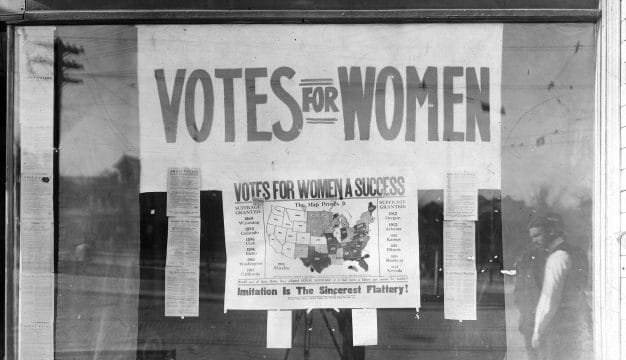National Center for Bioethics in Research and Healthcare
Tuskegee University’s National Center for Bioethics in Research and Healthcare is the first center in the United States dedicated to addressing moral and ethical issues surrounding medical research. It has a specific focus on African Americans and other minority groups and aims to remove racial disparities in the provision of healthcare. Located in Tuskegee, Macon County on the university's campus, the center was established in response to the civil rights and medical ethics violations committed by the creators and staff of the Tuskegee Syphilis Study. Pres. Bill Clinton issued an official apology to the survivors on behalf of the U.S. government on May 16, 1997.
Overall, the center explores a broad range of bioethical issues by bringing together scientific, religious, and legal scholars to engage in research, with a focus on examining the historical and socioeconomic issues surrounding the health, treatment, and quality of life of impoverished African American males in the South. This includes those who were exploited by the Tuskegee Syphilis Study.
The center was created in 1999 as part of the federal government's recognition of the immoral use of African American men as human subjects in the Tuskegee Syphilis Study, one of the most frequently cited cases of inhumane medical research practices. Between 1932 and 1972, some 600 African American men in Macon County had been unknowingly "enrolled" in the study and tracked by doctors from the U.S. Public Health Service to observe the progress and impacts of untreated syphilis on the human body. In 1973, noted civil rights attorney Fred Gray agreed to represent survivor Charlie Pollard in a lawsuit against the government. In Pollard v. United States (1973), Gray proved the government's wrongdoing, winning a $10 million settlement shared between survivors and their next of kin. Affected families achieved some measure of closure in May 1997 when Pres. Bill Clinton apologized for the U.S. government's role in the experiments. He also committed to awarding Tuskegee University a $200,000 grant to create a center dedicated to addressing the intersections of bioethics, the law, science, and medicine to prevent such an abuse of power and trust from ever happening again. In attendance at the White House for the apology, in addition to survivors, were other Alabamians, including U.S. Surgeon General David Satcher, Department of Labor Secretary Alexis Herman, and attorney Fred Gray.
The center's first director was Marion Gray Secundy, who had taught bioethics at Howard University in Washington, D.C. Her father, William H. Gray Jr., was a pastor in Philadelphia, friends with Martin Luther King Jr., and helped raise funds for the Montgomery Bus Boycott. Secundy served until 2002 and focused the efforts of the center on reversing the legacy of mistrust of medical and government agents among minorities that arose from the study. In 2003, the U.S. Department of Health and Human Services (HHS) National Institutes of Health awarded the center a $14 million grant to provide research and training facilities as part of the pledge made by Pres. Clinton. In addition, the funds were directed to renovate the hospital where the syphilis study took place and a residence hall to house visiting scholars.
The Bioethics Center offers a number of educational services for the public, such as classes and academic programs through Tuskegee University to inform future generations of scientists about proper and ethical treatment of human subjects and ethical research practices. The center also holds frequent seminars and academic conferences about these issues to promote discussions among scholars, public policy makers, community organizers, and students on pressing issues in bioethics. The center conducts and publishes research on issues of public health and bioethics and how these issues relate to religion and philosophy and produces The Journal of Healthcare, Science and the Humanities. In addition, the center hosts a virtual museum tour through its website to help educate the public on the importance of bioethics in science and medicine and in society at large.
The center also oversees the Voices of Our Fathers Legacy Foundation, established in 2014 as a way to remember those who suffered under the study and to prevent such abuses of power from recurring. This foundation focuses on identifying family members of those who were subjects in the Tuskegee Experiment and helping increase public awareness of the bioethics center and its work. The foundation dedicated a memorial space on the Tuskegee campus in 2014 to the victims of the Tuskegee Syphilis Study.
Further Reading
- Gray, Fred D. The Tuskegee Syphilis Study. Montgomery, Ala.: Black Belt Press, 1998.
- Reverby, Susan M., ed. Tuskegee’s Truths: Rethinking the Tuskegee Syphilis Study. Chapel Hill: University of North Carolina Press, 2000.








